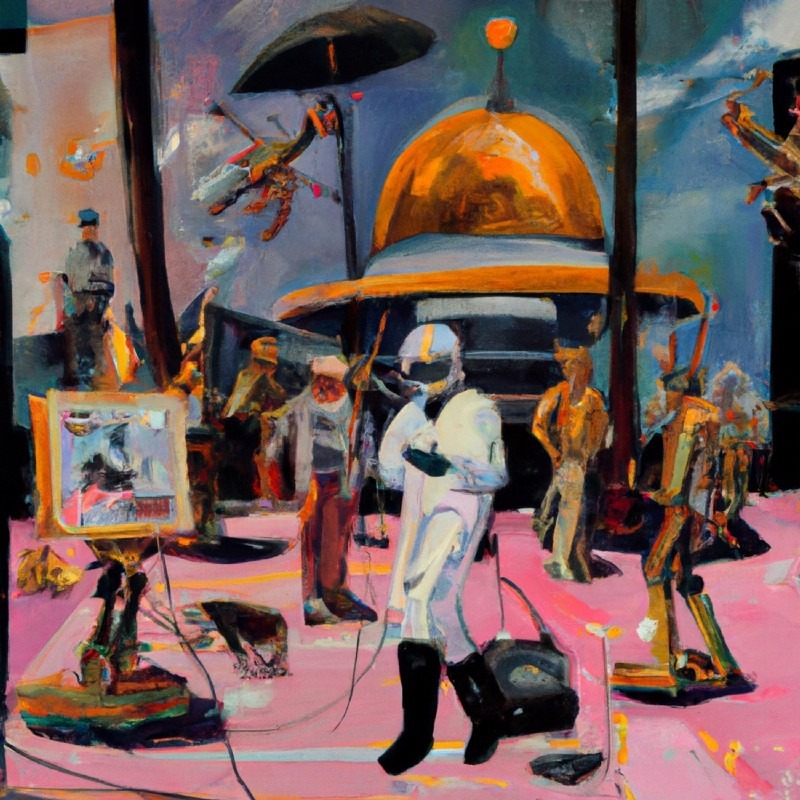“The Simulation Hypothesis: Are We Living in a Computer Simulation? A Thought-provoking Exploration of the Simulation Argument” by Mark Whelan

The Simulation argument, proposed by philosopher Nick Bostrom in 2003, is a thought experiment that suggests that it is possible that our reality is actually a computer simulation. According to Bostrom, one of the following three statements must be true:
- Almost all civilizations at our level of technological development go extinct before they are able to create a “posthuman” civilization capable of creating ancestor simulations.
- A posthuman civilization is not interested in creating ancestor simulations.
- We are almost certainly living in a computer simulation.
Bostrom’s argument is based on the idea that, as technology advances, it will become increasingly possible to create realistic virtual worlds that are indistinguishable from reality. If a posthuman civilization were to create a large number of ancestor simulations, it is likely that the vast majority of minds that have ever existed would be simulated rather than “real.” In this case, the probability that we are living in a simulated reality would be close to 1.
The Simulation argument has generated a significant amount of discussion and debate within the philosophical and scientific communities. Some argue that the argument relies on certain assumptions that may not be true, such as the assumption that a posthuman civilization would be interested in creating ancestor simulations. Others argue that the argument raises important questions about the nature of reality and the limits of human knowledge.
Overall, the Simulation argument is a thought-provoking idea that challenges our assumptions about the nature of reality and highlights the limits of our understanding of the universe. However, it is important to recognize that the argument is purely speculative and has not been proven to be true or false.
To learn more about emerging trends by Mark M. Whelan or his artwork.
Visit Future Center Ventures
